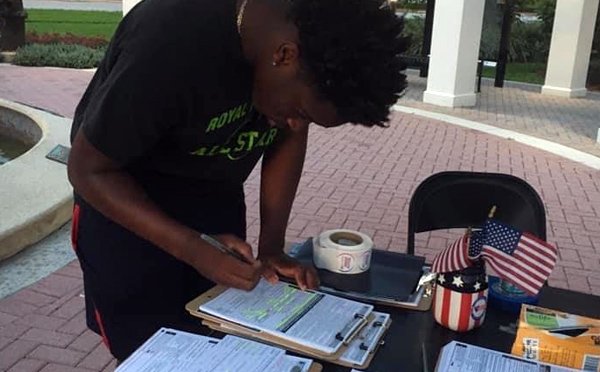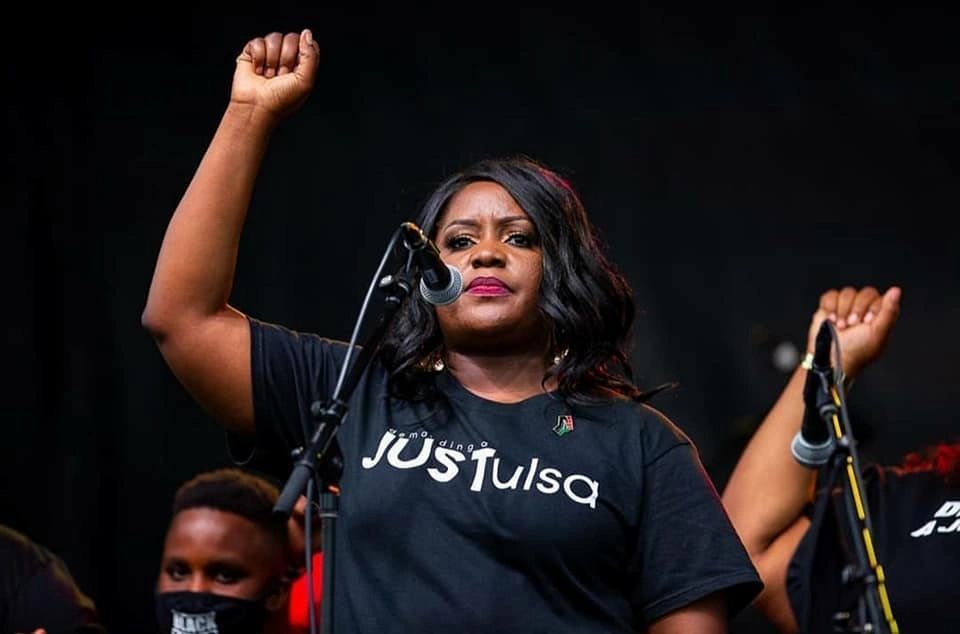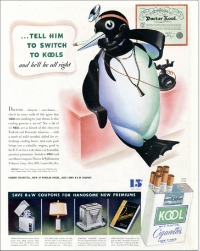Tag: NAACP
-

End of jail bail reform may cost Broward taxpayers an extra $16.7 million
By Dan Christensen
FloridaBulldog.org
Broward’s exercise in bail reform, intended to end the unjust treatment of the poor and minorities, died quietly Jan. 1. It was 1 ½ years old. Cause of death: the state’s Republican powers that be – the Legislature, governor and Supreme Court. -

Florida’s befuddling new voting laws all but guarantee widespread chaos in next year’s elections
By Noreen Marcus
FloridaBulldog.org
Floridians of every political persuasion who want to vote or help get out the vote in the 2024 elections must navigate a bog of confounding and scary new rules, courtesy of Gov. Ron DeSantis’s administration. -

New anti-protest laws in Florida, Oklahoma cast long shadow on First Amendment rights
By Carrie Levins
Center for Public Integrity
Tiffany Crutcher was worried. Oklahoma lawmakers had passed a new measure stiffening penalties for protesters who block roadways and granting immunity to drivers who unintentionally hit them. The state NAACP, saying the law was passed in response to racial justice demonstrations and could chill the exercising of First Amendment rights, filed a federal lawsuit challenging portions of it. But the new law was only weeks from taking effect. -

/
7906 SEEN/
Racial politics flavor debate over banning menthol cigarettes
By Myron Levin
FairWarning
Lorillard Tobacco donated nearly four times as much to Republican candidates as to Democrats in the 2014 congressional elections. No surprise there — most businesses count on Republicans to hold the line on regulations and taxes. But Lorillard made a striking exception for one set of Democrats: African Americans. -

An election result you likely missed: anti-corruption referendum wins big in Tallahassee
By Dan Christensen
BrowardBulldog.org
Lost in the hubbub of a heated election season headlined by a down to the wire governor’s race, voters in Tallahassee approved a first-of-its-kind municipal anti-corruption referendum intended to limit the influence of big moneyed special interests in local politics.
Support Florida Bulldog
If you believe in the value of watchdog journalism please make your tax-deductible contribution today.
We are a 501(c)(3) organization. All donations are tax deductible.

Join Our Email List
Florida Bulldog delivers fact-based watchdog reporting as a public service that’s essential to a free and democratic society. We are nonprofit, independent, nonpartisan, experienced. No fake news here.

